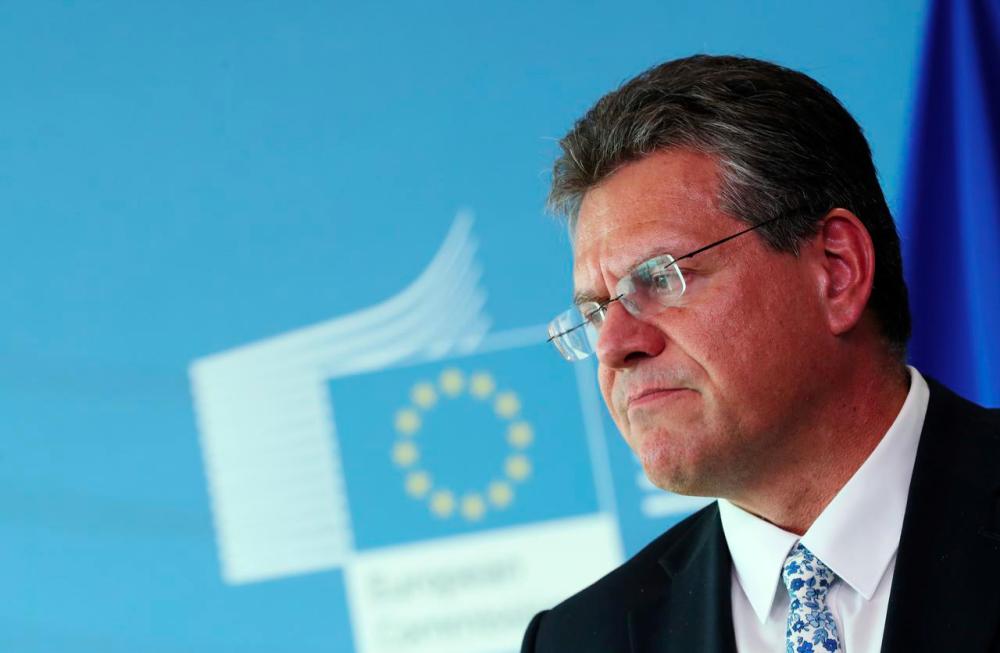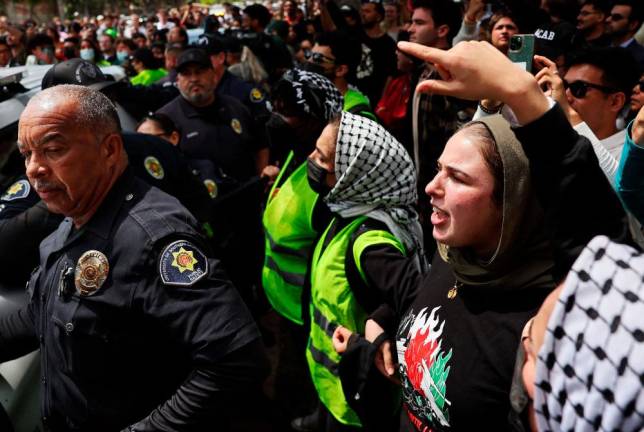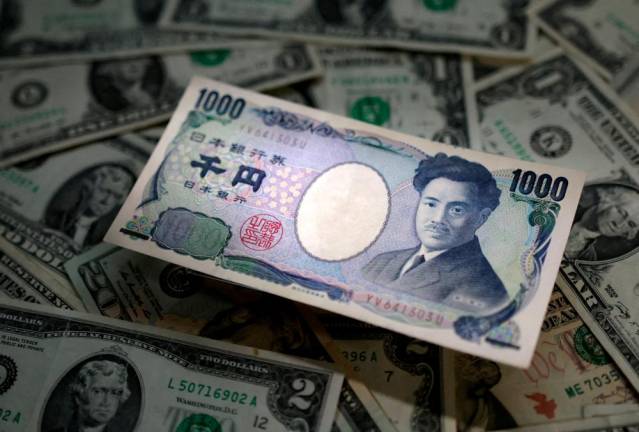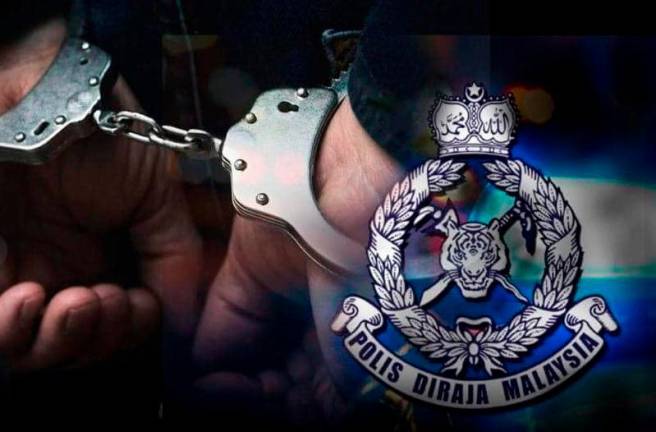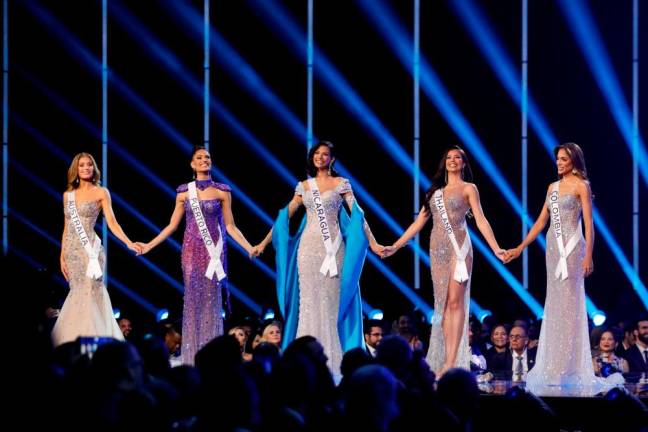BRUSSELS: The EU official involved in talks with Russia and Ukraine to ensure gas supplies into Europe said that “constructive” three-way negotiations were held in Brussels Thursday, but agreement on a long term contract was still elusive.
Russia accepted that EU rules will reign over supplies under a future contract still being worked out, the European Commission vice president in charge of energy, Maros Sefcovic, told reporters.
He added that progress had been made on unbundling, with a new company created to take over the distribution and transit of gas through Ukraine from that country’s state-owned Naftogaz, and the CEO of that enterprise was in the room for the talks.
“The sense of urgency was very present in the room,“ Sefcovic said.
Most of Russia’s gas destined for Europe passes through Ukraine, and a transit agreement between Kiev and Moscow expires at the end of this year.
Ukraine’s energy minister, Oleksiy Orzhel, separately told journalists that he, too, found the talks “constructive”, though he cautioned that “the risk of not signing a transportation contract remains on the agenda.”
His country and neighbouring Russia are locked in a hostile holding pattern after Russia annexed Ukraine’s Crimea territory in 2014 and continues to support armed separatists in Ukraine’s east.
Ukraine itself remains heavily reliant on Russian natural gas and is wary about Russian plans to send gas to Germany through a planned Nord Steam 2 pipeline that will dodge Ukraine by passing under the Baltic Sea.
While emphasising the talks were going well, Sefcovic also said Europe and Ukraine were “well prepared for any eventuality” in terms of a cut to gas supplies in the coming winter, with underground gas storage in Europe filled to 96 percent.
Orzhel also emphasised that “in case of non-signing... the Ukrainian side will be ready to provide its consumers from underground gas storages” during winter.
“Our priority is to arrive at an agreement on a long term contract,“ Sefcovic said.
“We are well stocked and I think both sides understand what signal we would send out if there were an interruption of supplies,“ he said. — AFP



